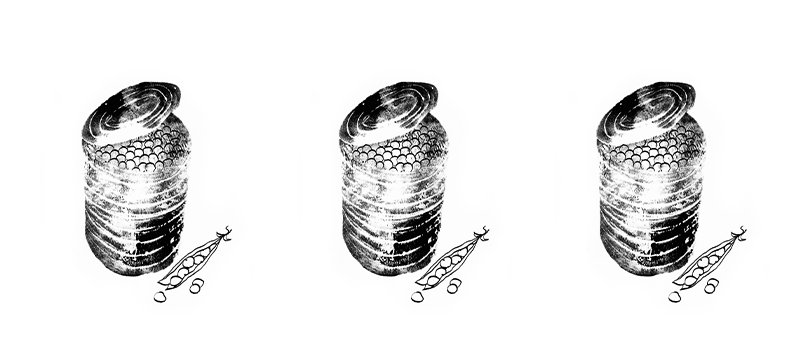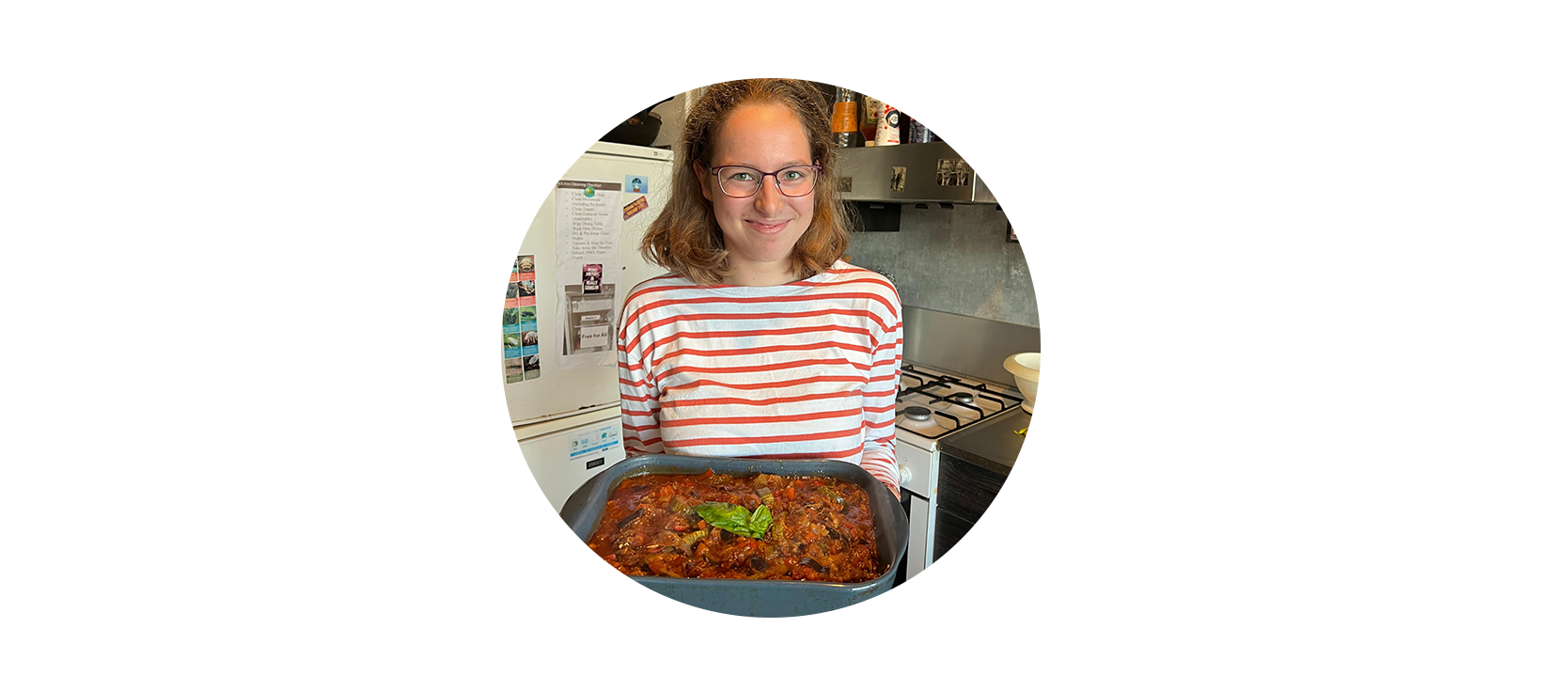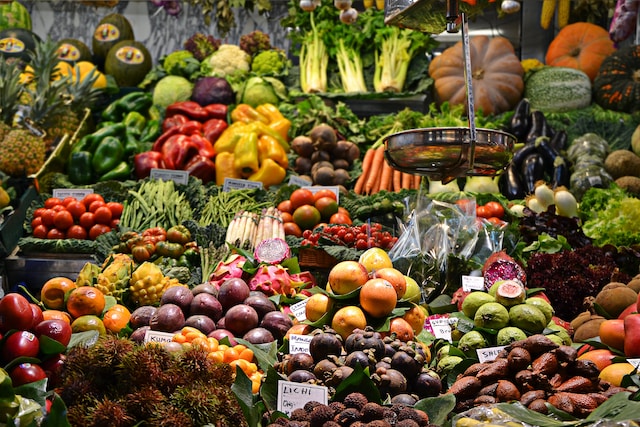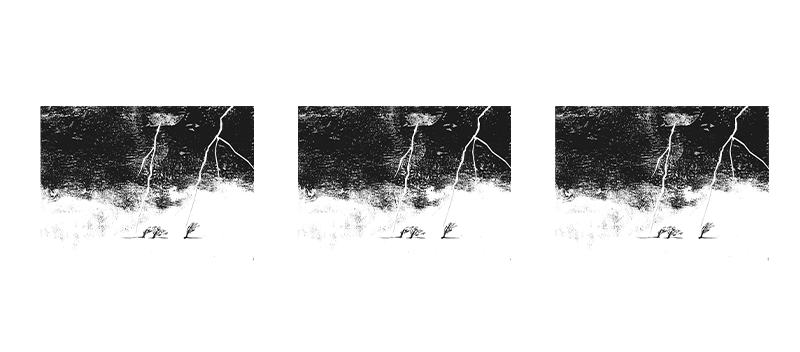Fresh vegetables do not always contain more healthy nutrients than tinned ones. In fact, sometimes they contain less…
You might intuitively assume it’s better to buy fresh vegetables, believing them to contain more vitamins and other healthy nutrients than tinned or bottled vegetables. But that is not true, says Matthijs Dekker, associate professor of Food Quality and Design. ‘People might think that bottled vegetables contain all kinds of preservatives, but that is not the case. The method of preservation is the same as our grandparents used, namely heating them in sterile glass jars sealed with a rubber ring. No preservatives are involved.’
According to Dekker, the term ‘fresh’ is a rather elastic one. Vegetables are freshest when they have just come from the field. After harvesting, the nutritional value gradually decreases. Green beans, for example, already contain 30 percent less vitamin C within three weeks. Vegetables in the fresh food section of the supermarket are sometimes weeks or months old. The green asparagus we eat at Christmas, for example, is shipped from Peru and takes weeks to arrive here.’
The freshest vegetables are those that are locally harvested, or even better, out of your own vegetable garden. If you want to eat an out-of-season product that has to come from far away, Dekker says it is better to get it in bottled or frozen form. These vegetables are usually canned or frozen straight after harvesting so that their nutrients are preserved. It also makes a difference how you then prepare the vegetables, says Dekker. ‘When you boil vegetables , many water-soluble nutrients such as vitamin B and C leak into the water and you can unintentionally throw half the nutrients down the drain.
Vegetables in the fresh food section of the supermarket are sometimes weeks or months old
Matthijs Dekker, associate professor of Food Quality and Design
The more water you use, the more you lose. Steaming is a better option, or roasting them briefly in the oven. But the best option is to stir-fry them in a wok. Only fat-soluble nutrients get into the oil, but you still eat them.’ And raw vegetables are not healthier, according to Dekker, because they are hard to digest and you therefore don’t absorb all the nutrients as well.
Every day we are inundated with contradictory information. So what are the facts of the matter? In this section, a WUR scientist makes you a little wiser.

 Illustration: Marly Hendricks
Illustration: Marly Hendricks 

